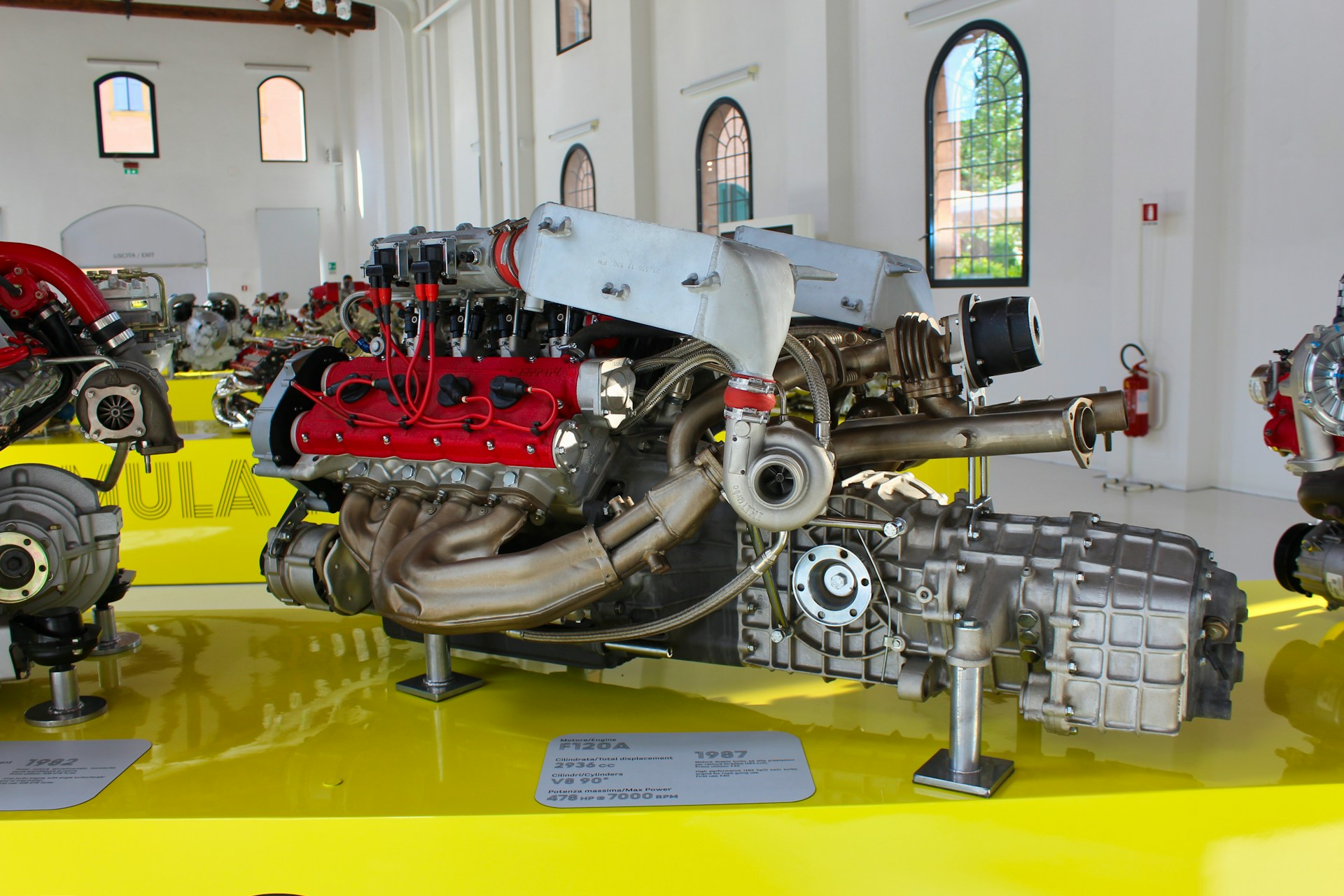When it comes to getting the most out of your big block Chevy truck, the exhaust system plays a critical role – and it starts with the headers. The right set of headers can unlock serious gains in horsepower, torque, and throttle response by improving exhaust flow. But not all headers are created equal. Choosing the wrong type can lead to poor fitment, overheating, or even performance loss. This guide will help you pick the perfect headers for your setup.
Why Headers Matter for Big Block Chevy Trucks
Big block Chevy engines are known for their raw power, but to fully unleash that performance, they need to breathe – both in and out. Stock exhaust manifolds are often restrictive, limiting the engine’s ability to expel exhaust gases efficiently. This restriction creates backpressure, reducing horsepower and torque. Headers solve this by giving each cylinder a dedicated exhaust path, improving scavenging and overall flow.
For truck owners looking to tow heavy loads, race, or simply enjoy better throttle response, upgrading to performance headers can make a noticeable difference. Not only do they improve engine efficiency, but they can also enhance fuel economy under certain driving conditions. It’s one of the most impactful bolt-on upgrades for big block Chevy trucks.
Top Brands to Consider
When it comes to high-quality headers for big block Chevy trucks, Lemons Headers stands out as a top-tier choice. Known for their precision craftsmanship and custom-built designs, Lemons offers headers tailored specifically for your truck’s engine bay, chassis layout, and performance goals. Their custom big block Chevy truck headers are ideal for serious builds where fit, finish, and performance are non-negotiable.
Other reputable brands include Hooker Headers, a long-time favourite among muscle car and truck enthusiasts. They offer a range of long tube and shorty options with solid performance and value. Hedman Hedders is another trusted name, offering durable ceramic-coated headers and good off-the-shelf fitment for classic Chevy trucks.
Whether you’re building a street beast or a track-ready hauler, investing in a proven brand like Lemons, Hooker, or Hedman ensures you get the most out of your big block setup—without the fitment headaches.
Types of Headers Explained
Choosing the right style of header depends on your truck’s purpose, available space, and performance expectations. Here’s a breakdown of the main types you’ll encounter:
Shorty Headers
Shorty headers are compact and easier to install, especially in tight engine bays or trucks with lots of accessories. They connect directly to the stock exhaust location, making them a good choice for daily drivers or anyone looking for a mild upgrade. While they offer some improvement over stock manifolds, gains are usually modest and focused on low-end torque.
Long Tube Headers
Long tube headers are built for performance. By extending the exhaust path and equalizing the length of each runner, they enhance exhaust scavenging and boost high-RPM horsepower. They’re ideal for racing, heavy-duty towing, or aggressive builds. However, installation can be challenging due to clearance issues with the frame, steering linkage, or suspension components. Tuning is often necessary to optimize the setup.
Mid-Length Headers
Mid-length headers are the middle ground. They provide better performance than shorty headers while being easier to install than long tubes. They’re a great option for those who want noticeable gains without the complexity of a full long-tube setup.
Material and Finish Options
The material and finish of your headers can significantly affect performance, durability, and maintenance. Mild steel headers are the most budget-friendly but prone to rust over time—especially in wet or salted environments. Stainless steel, on the other hand, offers excellent corrosion resistance and longevity, making it ideal for trucks that see varied weather or off-road use.
For even greater durability and heat control, ceramic-coated headers are a popular upgrade. The ceramic layer helps retain heat inside the pipes, improving exhaust flow and reducing engine bay temperatures, which can protect nearby components and boost performance.
While stainless and ceramic-coated options cost more upfront, they often pay off in the long run with less maintenance and more consistent performance. When selecting headers for your big block Chevy truck, consider both your climate and how much abuse your exhaust system will endure.
Fitment & Compatibility Considerations
Installing headers on a big block Chevy truck isn’t always plug-and-play. Fitment issues can lead to frustrating delays and added costs. Before you buy, make sure to consider the following:
- Chassis & Body Style: Headers must match your truck’s specific frame and body configuration. A set that fits a C10 might not work on a K-series.
- Steering & Suspension Clearance: Long tube headers can interfere with steering shafts or control arms.
- Transmission Type: Auto vs. manual transmission setups can affect header clearance, especially around the bellhousing.
- Engine Mounts & Placement: If your engine has been swapped or repositioned, stock-fit headers may no longer align properly.
- Accessory Placement: Power steering, A/C compressors, and brake boosters can get in the way of header tubes.
Conclusion
Upgrading to the right headers can transform the performance of your big block Chevy truck—but only if you choose wisely. From selecting the right type and material to ensuring proper fitment, every detail matters. Brands like Lemons Headers offer custom solutions that deliver serious results without compromise. Whether you’re after more power, better efficiency, or a cleaner install, taking the time to research and invest in quality headers will pay off every time you hit the road.
